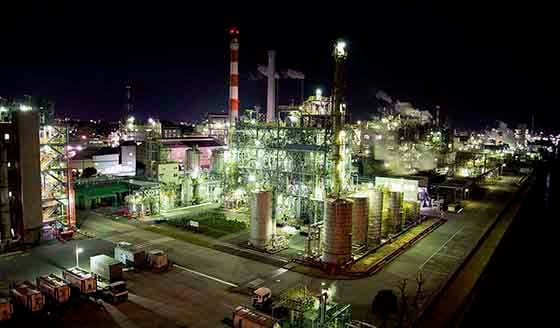
Ube further pivots to specialities
Submitted by:
Andrew Warmington
Japan’s Ube Chemicals has announced further details and schedules for the structural reform of its basic chemicals activities. The company is in the long-term process of transforming itself by “actively investing in expanding the specialty chemicals business while downsizing, withdrawing [from] or restructuring basic businesses”.
The company will cease producing ammonia and related products at its main site in Ube by March 2028, over two years ahead of the schedule in the current medium-term plan. Caprolactam and polyamide material production, including cyclohexanone, will cease by March 2027. Thereafter, the Ube site will focus mainly on speciality businesses, including polyimide, separation membranes, ceramics pharmaceuticals, and high purity chemicals.
Ube’s Thai subsidiary will cease making cyclohexanone, caprolactam and ammonium sulfate, and will shut down one of two polyamide lines. In addition, Ube Fine Chemicals (Asia) will discontinue 1,6-hexanediol and 1,5-pentanediol. The Thai sites will expand in the continuing businesses of composites, polycarbonate diol for high-performance coatings and elastomers.
The facility in Spain will continue to make caprolactam and polyamides while expanding recycled and bio-based productions for the European market, where demand for these is stronger. It will also cease to produce cyclohexanone, 1,6-hexanediol and 1,5-pentanediol as soon as it completes coordination with customers and others, and will promote the carbon neutrality in Europe.
As a result of this, Ube expects to hit its greenhouse emission reduction target of 50% on 2013 levels by fiscal 2028, ahead of schedule. To pay for the closures, it expects to record about €22 million in impairment losses and related expenses in the fiscal year ending March 2025, over 70% of which will be as a result of downsizing in Thailand.
Ube added that it expects to recover this loss swiftly “through the stable earnings of its specialty chemicals business. Furthermore, toward 2030, the group will continue to focus on growth strategies such as actively investing management resources in speciality businesses and strengthening global management, while making further progress in sustainability management”.
